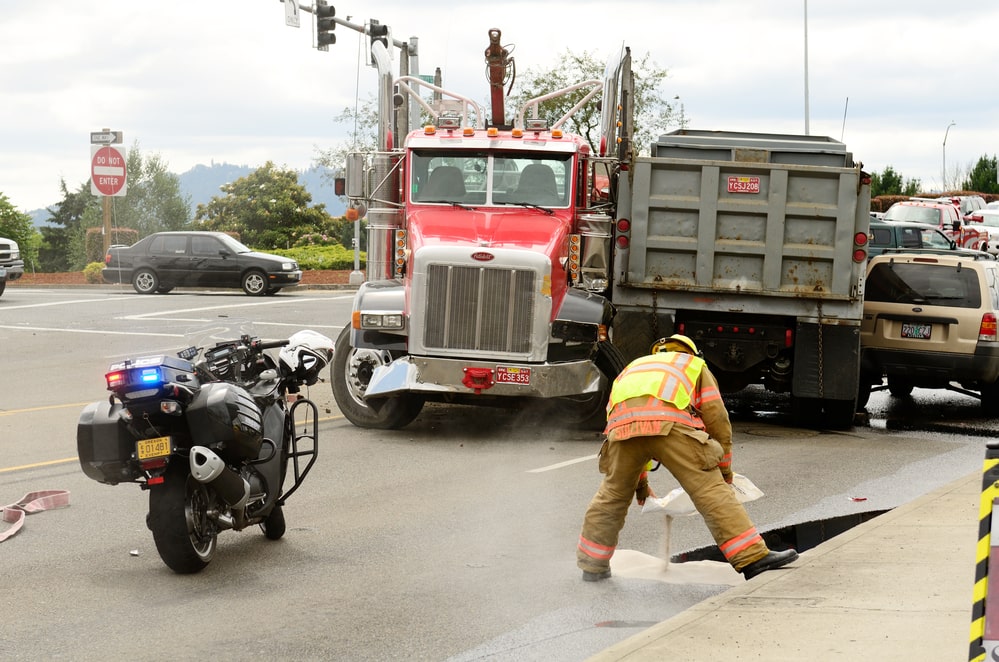The trucking industry serves as the backbone of the nation’s economy, facilitating the transportation of goods across vast distances. However, with this crucial role comes great responsibility, particularly regarding safety on our roads. To mitigate the risks associated with commercial truck operations, federal regulations play a pivotal role in governing various aspects of the industry.
Failure of a trucker or shipping carrier to follow federal guidelines can easily lead to a catastrophic accident, as any truck accident lawyer can tell you. Our peers from Marsh | Rickard | Bryan, LLC provide an overview of federal trucking regulations and the reasons behind the statutes, then touch on how they may apply in your case.
Hours Of Service Rules
One of the most critical federal regulations governing commercial trucks is the Hours of Service (HOS) rules. These regulations dictate the maximum amount of time commercial truck drivers can spend behind the wheel before taking mandatory rest breaks. The primary objectives of HOS rules are to prevent driver fatigue, reduce the likelihood of accidents caused by drowsy driving, and promote overall road safety. By ensuring that drivers have adequate rest periods, HOS rules help mitigate the risks associated with driver fatigue-related accidents.
Weight Limits
Federal regulations also establish weight limits for commercial trucks, limiting the maximum weight that vehicles can carry on highways and interstates. These weight limits serve several purposes, including protecting road infrastructure from excessive wear and tear, ensuring vehicle stability and control, and enhancing overall roadway safety. By adhering to weight limits, trucking companies help prevent accidents caused by overloaded or improperly loaded vehicles, which can lead to loss of control, brake failure, and other safety hazards.
Driver Qualifications
Federal regulations set forth specific qualifications and requirements for individuals seeking employment as commercial truck drivers. These requirements include obtaining a commercial driver’s license (CDL), passing written and practical exams, undergoing medical examinations, and meeting age and residency criteria. By establishing minimum standards for driver qualifications, these regulations aim to ensure that truck drivers possess the skills, knowledge, and physical capabilities necessary to operate commercial vehicles safely and responsibly.
Vehicle Maintenance Requirements
Commercial trucks are subject to stringent maintenance requirements mandated by federal regulations. These requirements encompass regular inspections, maintenance schedules, and record-keeping obligations to ensure that vehicles are properly maintained and in safe operating condition.
If a trucking company fails to maintain its fleet, it may be named as a defendant in a truck accident suit, in addition to the driver who was operating the commercial vehicle at the time.
Federal Regulations
Federal regulations for commercial trucks play an important role in preventing truck accidents and promoting overall roadway safety. By establishing standards for driver qualifications, hours of service, vehicle weight limits, and maintenance practices, these regulations help mitigate common risk factors associated with trucking operations.
Federal regulations serve as a cornerstone of safety and compliance in the commercial trucking industry. As advocates for safety and accountability, it is imperative for trucking companies, drivers, and industry stakeholders to understand and adhere to federal regulations to ensure the safe and efficient operation of commercial trucks.

